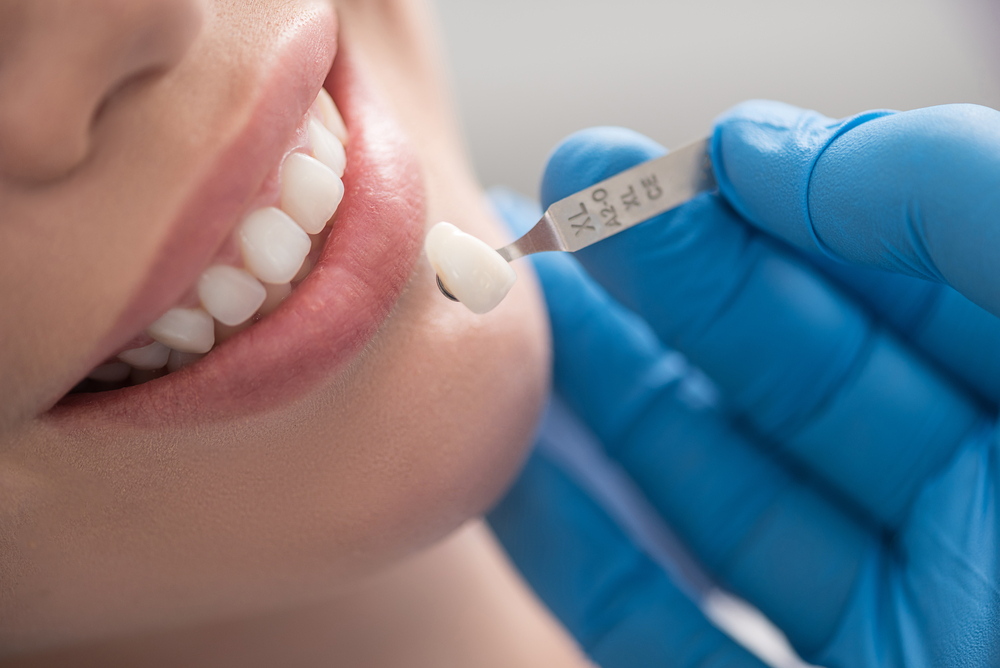Discover the dental crown procedure and learn about the cost involved. Comprehensive guides cover everything you need to know about this restorative dental treatment, including benefits, types of crowns, the procedure itself, and average costs. Restore your smile and regain your confidence with dental crowns.
Dental crowns are an essential part of restorative dentistry, often used to improve the appearance and functionality of damaged teeth. They play a pivotal role in oral health and contribute significantly to enhancing overall dental aesthetics. This article explores the purpose of dental crowns, the types available, their costs, the procedure and recovery process, and the longevity of these dental fixtures.
What Is The Purpose of Dental Crowns
Dental crowns serve as a protective cap for damaged teeth, reinforcing their structure and restoring their original shape and size. They are typically used when a tooth is broken, worn down, or severely decayed to the extent that fillings cannot resolve the issue. Crowns are also used to cover a dental implant, hold a dental bridge in place, or cover misshapen or severely discolored teeth. In children, dental crowns may be used to protect teeth at high risk for cavities or to save a tooth that cannot support a filling.
Types of Dental Crowns
There are several types of dental crowns, categorized based on the materials used. These include porcelain-fused-to-metal crowns, all-porcelain or all-ceramic crowns, gold alloys, and base metal alloys. Porcelain-fused-to-metal crowns provide a strong, durable, and aesthetically pleasing option, matching the color of the surrounding teeth. All-porcelain or all-ceramic crowns offer the best natural color match and are often used for front teeth. Gold alloys crowns are a mixture of gold, copper, and other metals, known for their strength and durability. Base metal alloys crowns, made of non-noble metals, are highly resistant to corrosion and require the least amount of healthy tooth removal.
Crown Costs
The cost of dental crowns varies widely, depending on the type of crown selected and the geographical location. Generally, the cost ranges from $800 to $1700 or more per crown. However, insurance coverage can significantly reduce these costs. It is worth noting that while metal crowns might be less expensive than their porcelain counterparts, they may not offer the same aesthetic appeal. Therefore, patients must consider both cost and appearance when choosing a dental crown.
Procedure and Recovery
The dental crown procedure typically requires two visits to the dentist. During the first visit, the dentist examines and prepares the tooth, taking an impression to ensure the crown fits properly. The dentist then places a temporary crown to protect the tooth while the permanent one is being made.
During the second visit, the permanent crown is fitted and adjusted for any bite discrepancies. The recovery period is relatively short, with some sensitivity expected after the procedure. Good oral hygiene, including regular brushing and flossing, is essential to prevent potential problems and ensure the longevity of the crown.
How Long Do They Last
The longevity of a dental crown depends on the material used and the patient's oral hygiene and lifestyle. On average, dental crowns can last between 5 to 15 years. However, with proper care and regular dental visits, they can last for decades. Factors such as teeth grinding, chewing hard foods, and poor oral hygiene can significantly reduce the lifespan of a dental crown.
Dental crowns play an indispensable role in restorative dentistry, providing a solution for damaged, decayed, or aesthetically unpleasing teeth. While the cost can be a factor, the benefits they offer in terms of improved functionality and appearance often outweigh the financial implications. The procedure is relatively straightforward, with minimal recovery time. However, the longevity of dental crowns greatly depends on the choice of material and the patient's commitment to maintaining good oral hygiene. Ultimately, dental crowns offer a robust and reliable solution to a range of dental issues, significantly contributing to improved oral health and enhanced self-esteem.